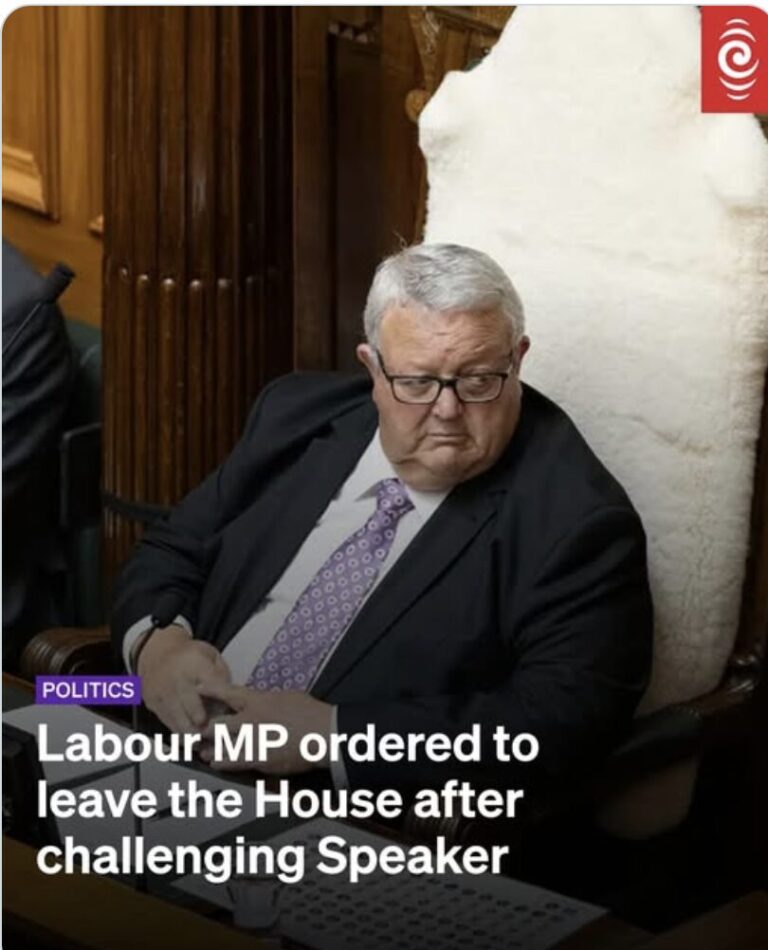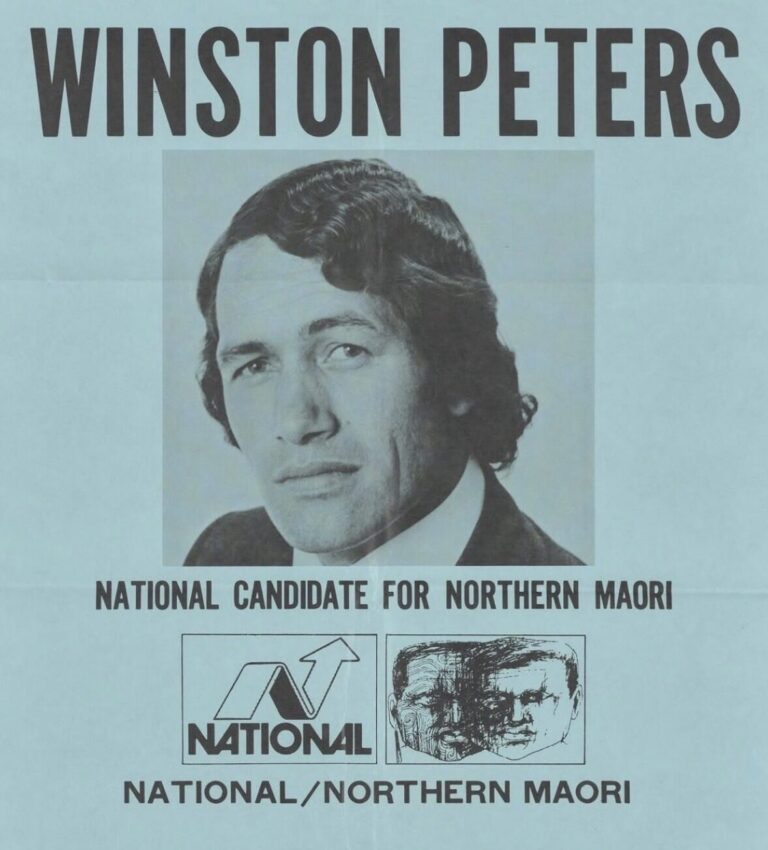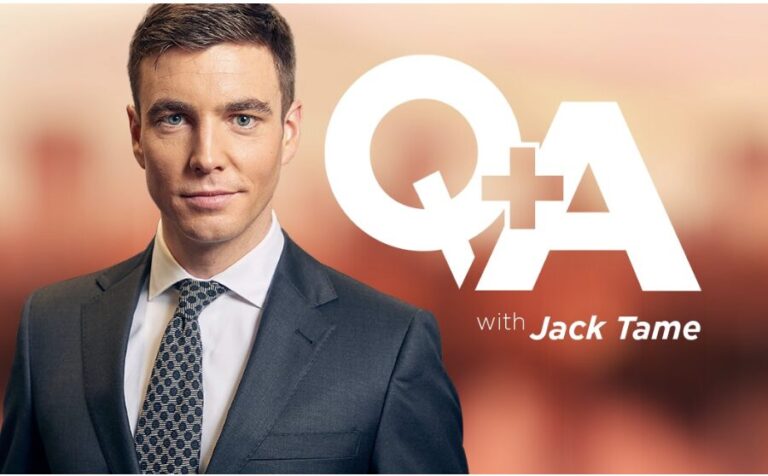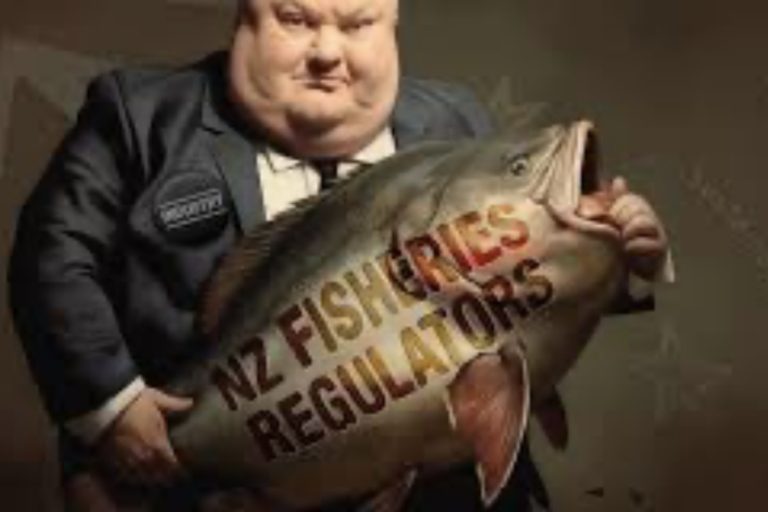MEDIAWATCH: Why alt-Right Billionaire taking over Herald and ZB will be so dangerous to NZ Democracy
Don’t we have enough radicalised billionaires shaping our media?
Rupert Murdoch was just the start, the new breed are even more radicalised.
Jeff Bezos has turned out the light of democracy at the Washington Post…

…Elon continues to make Fascism Great Again by turning the Twitter Town square into a Brown Shirt Jamboree…
Hate speech on X surged for at least 8 months after Elon Musk takeover – new research
…and now alt-Right Canadian Billionaire James Grenon is attempting to take over the NZME platform including ZB and the NZ Herald.
Grenon could just be your average run of the mill vampire capitalists who sees value in selling off OneRoof and making a quick buck OR he could be a radicalised culture war Billionaire who wants a far right culture war editorial line and his previous support of Alt-Right Hate Blogs and anti-vaxx grifters is alarmingly suggesting an ulterior motive.
His push for control has created genuine fears of his editorial line, so much so that the Journalists Union has published an open letter to him…
Open Letter
To: Mr James Grenon and the Board of NZME
OPEN LETTER: PROTECT MEDIA INDEPENDENCE
Tēnā koutou,
We write out of deep concern that editorial independence at NZME is under threat.
Editorial independence is the bedrock of professional journalism. It means that journalists can report freely and truthfully without external influence, whether from the state or private interests.
To be able to exercise this role journalists, cannot be subject to direction from the very interests they are supposed to be monitoring, and where necessary, criticising.
The principle of editorial independence is upheld in the E tū Journalists Code of Ethics, and in the Global Charter of Ethics established by the International Federation of Journalists, of which E tū is a member.
We welcome any commitments from you, Mr Grenon, to quality journalism and improvements to career paths for journalists, both of which you have recently articulated. We also agree that the media ecosystem in New Zealand as a whole is facing critical challenges which we all have an interest in addressing.
However, your stated plan to replace most members of the NZME board with the aim of focusing on operational aspects of NZME remains very concerning for us. Decisions on content in our mastheads, broadcasting and digital outlets need to be fully independent and free from board level direction.
In light of these concerns, we are asking you to immediately affirm that the principle of editorial independence will be upheld across NZME regardless of any changes to board membership. Specifically, we ask for you to publicly affirm:
-
-
- That you will uphold editorial independence and that board members will not use their positions to steer the content of any NZME outlets through direction or appointments.
- That any structural changes you seek to make, such as the establishment of an Editorial Board, have the primary aim and function of preserving editorial independence on an ongoing basis.
- We also ask to meet with you, Mr Grenon, and with the current board to discuss these concerns and the future of NZME.
-
We look forward to your positive response on these matters.
Noho ora mai
E tū Delegates at NZME representing E tū members
E tū Journalist Code of Ethics
(as enshrined in the Rules of E tū, cited 6 March 2025)
Respect for truth and the public’s right to information are overriding principles for all journalists. In pursuance of these principles, journalists commit themselves to ethical and professional standards. All members of the Union engaged in gathering, transmitting, disseminating, and commenting on news and information shall observe the following Code of Ethics in their professional activities:
(a) They shall report and interpret the news with scrupulous honesty by striving to disclose all essential facts and by not suppressing relevant, available facts or distorting by wrong or improper emphasis.
(b) They shall not place unnecessary emphasis on gender, race, sexual preference, religious belief, marital status or physical or mental disability.
(c) In all circumstances they shall respect all confidences received in the course of their occupation.
(d) They shall not allow personal Interests to influence them in their professional duties.
(e) They shall not allow their professional duties to be influenced by any consideration, gift or advantage offered and, where appropriate, shall disclose any such offer.
(f) They shall not allow advertising or commercial considerations to influence them in their professional duties.
(g) They shall use fair and honest means to obtain news, pictures, films, tapes and documents.
(h) They shall identify themselves and their employers before obtaining any interview for publication or broadcast.
(I) They shall respect private grief and personal privacy and shall have the right to resist compulsion to intrude on them.
(j) They shall do their utmost to correct any published or broadcast information found to be harmfully inaccurate.
A breach of this Code shall be a breach of the Union’s Rules and thus may give rise to disciplinary procedures under the Rules. If a member is dismissed from employment or otherwise disadvantaged by an employer, and a breach of this Code is claimed by the employer as justification for the dismissal or disadvantage, then the Union, following proper and adequate inquiry, and if it is satisfied to a reasonable degree that the employer’s actions are justified, may decline to pursue a personal grievance on behalf of the member.
Global Charter of Ethics for Journalists
The IFJ Global Charter of Ethics for Journalists was adopted at the 30th IFJ World Congress in Tunis on 12 June 2019. It completes the IFJ Declaration of Principles on the Conduct of Journalists (1954), known as the ”Bordeaux Declaration”.
The Charter is based on major texts of international law, in particular the Universal Declaration of Human Rights. It contains 16 articles plus a preamble and defines journalists’ duties and rights regarding ethics.
Preamble
The right of everyone to have access to information and ideas, reiterated in Article 19 of the Universal Declaration of Human Rights, underpins the journalist’s mission. The journalist’s responsibility towards the public takes precedence over any other responsibility, in particular towards their employers and the public authorities. Journalism is a profession, which requires time, resources and the means to practise – all of which are essential to its independence. This international declaration specifies the guidelines of conduct for journalists in the research, editing, transmission, dissemination and commentary of news and information, and in the description of events, in any media whatsoever.
-
- Respect for the facts and for the right of the public to truth is the first duty of the journalist.
- In pursuance of this duty, the journalist shall at all times defend the principles of freedom in the honest collection and publication of news, and of the right of fair comment and criticism. He/she will make sure to clearly distinguish factual information from commentary and criticism.
- The journalist shall report only in accordance with facts of which he/ she knows the origin. The journalist shall not suppress essential information or falsify any document. He/she will be careful to reproduce faithfully statements and other material that non-public persons publish in social media.
- The journalist shall use only fair methods to obtain information, images, documents and data and he/she will always report his/her status as a journalist and will refrain from using hidden recordings of images and sounds, except where it is impossible for him/her to collect information that is overwhelmingly in the public interest. He/she will demand free access to all sources of information and the right to freely investigate all facts of public interest.
- The notion of urgency or immediacy in the dissemination of information shall not take precedence over the verification of facts, sources and/or the offer of a reply.
- The journalist shall do the utmost to rectify any errors or published information which is found to be inaccurate in a timely, explicit, complete and transparent manner.
- The journalist shall observe professional secrecy regarding the source of information obtained in confidence.
- The journalist will respect privacy. He/she shall respect the dignity of the persons named and/or represented and inform the interviewee whether the conversation and other material is intended for publication. He/she shall show particular consideration to inexperienced and vulnerable interviewees.
- Journalists shall ensure that the dissemination of information or opinion does not contribute to hatred or prejudice and shall do their utmost to avoid facilitating the spread of discrimination on grounds such as geographical, social or ethnic origin, race, gender, sexual orientation, language, religion, disability, political and other opinions.
- The journalist will consider serious professional misconduct to be
-
- plagiarism
- distortion of facts
- slander, libel, defamation, unfounded accusations
-
- The journalist shall refrain from acting as an auxiliary of the police or other security services. He/she will only be required to provide information already published in a media outlet.
- The journalist will show solidarity with his/her colleagues, without renouncing his/her freedom of investigation, duty to inform, and right to engage in criticism, commentary, satire and editorial choice.
- The journalist shall not use the freedom of the press to serve any other interest and shall refrain from receiving any unfair advantage or personal gain because of the dissemination or non-dissemination of information. He/she will avoid – or put an end to – any situation that could lead him/her to a conflict of interest in the exercise of his/her profession. He/she will avoid any confusion between his activity and that of advertising or propaganda. He/she will refrain from any form of insider trading and market manipulation.
- The journalist will not undertake any activity or engagement likely to put his/her independence in danger. He/she will, however, respect the methods of collection/dissemination of information that he / she has freely accepted, such as “off the record”, anonymity, or embargo, provided that these commitments are clear and unquestionable.
- Journalists worthy of the name shall deem it their duty to observe faithfully the principles stated above. They may not be compelled to perform a professional act or to express an opinion that is contrary to his/her professional conviction or conscience.
- Within the general law of each country the journalist shall recognize in matters of professional honour, the jurisdiction of independent self-regulatory bodies open to the public, to the exclusion of every kind of interference by governments or others.
…to date Grenon has done all he can to hide his true editorial intent, but his connection to right wing hate blogs and antivaxx grifters suggests another agenda.
The way NZME has been misrepresented financially by a major shareholder reeks of a set up.
Grenon has sold his take over as a profitable one, but a radical change in editorial position would see a readership and advertiser revolt causing the share price to crash which would allow Grenon to buy an even larger share so that he can dominate the editorial agenda because when it comes to radicalised alt-Right billionaires taking over the media, they don’t care if it makes money or not because they don’t want money!
Billionaires they already have money, they want power.
Allowing a vampire capitalist shred NZME for a quick buck is one thing, allowing an alt-right radicalised billionaire drive ZB and NZ Herald into a culture war is another.
Increasingly having independent opinion in a mainstream media environment which mostly echo one another has become more important than ever, so if you value having an independent voice – please donate here.







ALWAYS, SHORT TIME life existance, no mater the pin. Like Adolf, bible, never is greed its exploit, only short term life, not ever existant. HIGH,aint capitalism a cancer of our being/, eh! our short term greed exploit, only shallow humanitarian care.
Granny Herald is already extremely right-wing, so would anything really change? Who in their right mind regards Granny Herald or ZB as meaningful sources of information anyway?
Weirdly, Jim Grenon is touted as a Canadian billionaire but when you do a search on him (including Deep Seek) there appears to be no information on the man.
Righteously here proclaiming the principles of Freedom of speech and the defense of our democracy, the Journalists Union, the authors of this open letter to Mr Grenon, were conspicuous by their absence when Mike Hall, a professional sub editor employed by RNZ and so one of their own, was railroaded for trying to exemplify those very same principles when subbing foreign news agency stories. And the Union was absent too when former Herald Editor turned media academic, Gavin Ellis, also attacked Mr Hall and, for that matter, the Journalists Union said nothing when, in 2003, I was sacked for refusing Ellis’s direction to stop producing cartoons critical of Israel.
Are you implying that we need cryogenic treatment of journalists. Perhaps every three years, some youngish journos with experience, valour, integrity and spunk would undergo cryogenic treatment to be awakened in say three years. And this process being repeated would ensure that good journalists outlast the dreary slide in the mass type and the prancing ponies, as these dracula journalists rise with vigour and vivacity, carry on the good traditions, and bite the others in the neck in a fatal culling of the type.
Billionaires don’t care about ethics/laws/ rules-right wing governments will do as their donors tell them anyway. If countries follow the current trajectory where there is zero democracy and absolute power to control election outcomes by billionaires money, then there is only one outcome. People need to begin resistance with boycotts of these billionaire’s products and services. We have reached a critical point where the US is now desperate to maintain it’s empire, knowing that China is surpassing them economically, technologically and militarily, because their socialist state is better equiped to fund modern infrastructure, research and technology, welfare and health. Neoliberalism has destroyed the US along with it’s imperialist adventures since world war II, despite having a clear advantage of owning the world’s reserve currency. The country is severely divided with massive inequity of wealth which is why the billionaires need to control media and the government to maintain their position. Look up ‘Dark Enlightenment’, ‘Technocracy’, to understand Thiel, Musk, bezos and other tech billionaires idealogical beliefs for ‘humans’. We don’t need to be propagandised by crazy billionaires.